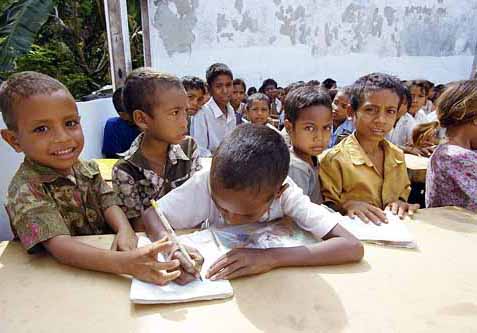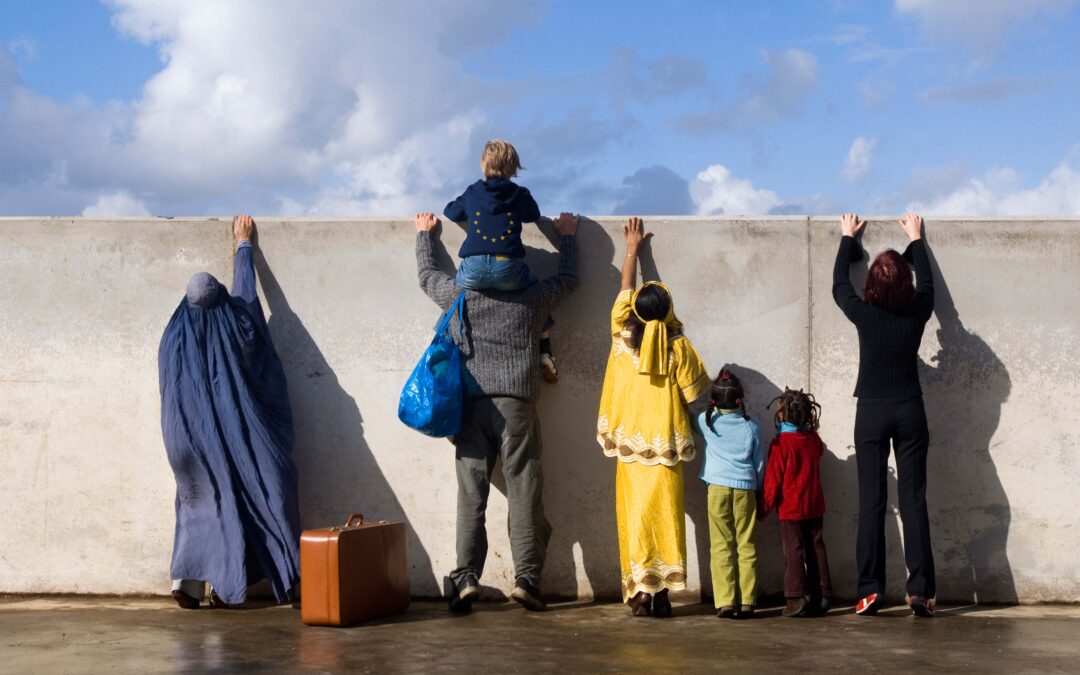
May 10, 2017 | Advocacy, News, Non-legal submissions
The ICJ emphasised the role of judges and lawyers in protecting human rights of migrants, during consultations at the UN in Geneva, as part of the preparatory process for a Global Compact on migration.
The informal consultation was convened by the UN General Assembly and held in Geneva on 8-9 May 2017. With a focus on human rights of migrants, it was the first thematic consultation to be held in connection with ongoing efforts by States to agree a UN global compact for safe, orderly and regular migration.
In addition to a written submission, the ICJ made statements during the main discussion, and as part of the concluding discussions.
The initial statement highlighted the recently published Principles on the Role of Judges and Lawyers in relation to Refugees and Migrants, developed by the ICJ in consultation with a wide range of relevant experts.
The concluding statement emphasised that effective protection of human rights, including of migrants, requires equal and effective access to impartial courts and independent lawyers, and urged States to ensure that the need for legal and practical guarantees for such access is reflected in the Global Compact eventually to be adopted. Indeed, the ICJ noted, access of individuals to a means of their enforcement is a key element distinguishing durable “rights” from, for instance, welcome but not necessarily permanent generosity.
For more information about the Principles on the Role of Judges and Lawyers in relation to Refugees and Migrants, click here.
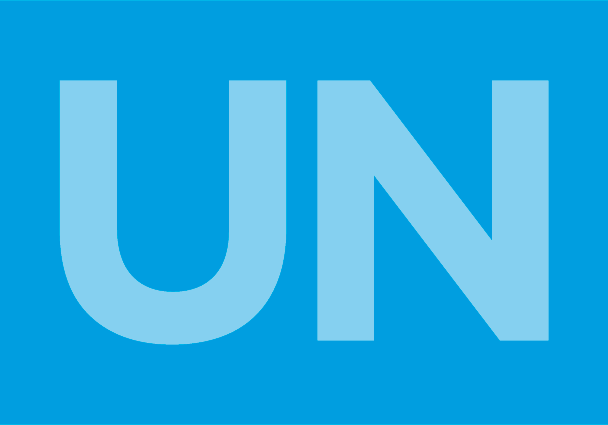
Nov 5, 2013 | Advocacy, Non-legal submissions
The ICJ has called on States that are candidates for membership to the UN Human Rights Council to do more to respect human rights at home and at the international level.
On 12 November, the United Nations General Assembly will elect 14 new members to the Human Rights Council.
The ICJ added its name to a joint letter, delivered by International Service for Human Rights on behalf of 40 NGOs from all regions of the world, emphasising the need for candidate states to uphold the highest standards of respect for human rights, the fullest cooperation with the Human Rights Council, and to refrain from impeding the access of individuals and civil society to international human rights mechanisms.
HRC-GAElections-JointNGOLetter-NonLegalSubmission-2013 (download joint open letter in PDF)
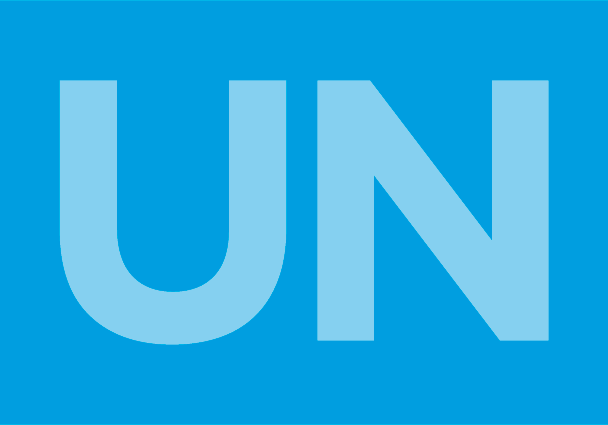
Feb 26, 2013 | Advocacy, Non-legal submissions
The ICJ joined 14 other NGOs in expressing deep concern over the exclusion of civil society from the consultation process on the UN human rights treaty bodies strengthening process.
In a statement delivered by the International Service for Human Rights during an informal hearing for civil society on 26 February 2013, the continued exclusion of the Geneva-based NGO Alkarama, and the lack of transparency by which this decision was made, was criticised.
Signatories to the statement urged the facilitators of the process and UN member States to enable independent civil society to contribute to the treaty body strengthening process.
TBSP-Alkarama-NonLegalSubmission-2013 (download statement in full)
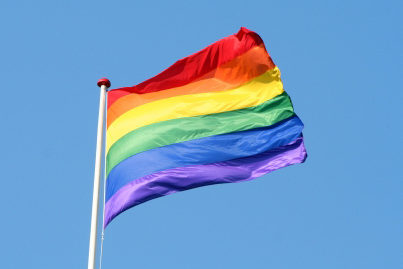
Nov 21, 2012 | News
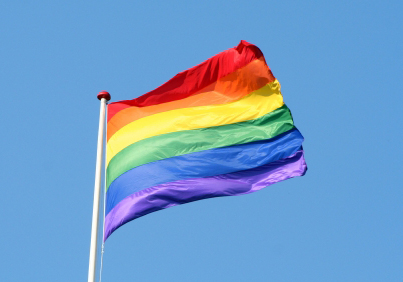 The ICJ and other human rights groups celebrate historic first condemnation of killings based on gender identity.
The ICJ and other human rights groups celebrate historic first condemnation of killings based on gender identity.
An international coalition of organizations dedicated to human rights celebrated yesterday’s historic vote in the Third Committee of the United Nations General Assembly to pass resolution A/C.3/67/L.36 condemning extrajudicial, summary or arbitrary executions.
The vote reversed the events of 2010 when the same body voted to strip the resolution of reference to “sexual orientation.”
The UNGA also expanded upon its commitment to the universality of human rights by including “gender identity” for the first time in the resolution’s history.
The resolution, which is introduced biennially in the Third Committee, urges States to protect the right to life of all people, including by calling upon states to investigate killings based on discriminatory grounds.
It was introduced by the Government of Sweden and co-sponsored by 34 states from around the world.
For the past 12 years, this resolution has urged States “to investigate promptly and thoroughly all killings, including… all killings committed for any discriminatory reason, including sexual orientation.”
Apart from Human Rights Council resolution 17/19, it is the only UN resolution to make specific reference to sexual orientation.
This year, the term “gender identity” was added to the list of categories vulnerable to extrajudicial killings.
At Tuesday’s session, the United Arab Emirates, speaking on behalf of the Organization of Islamic Cooperation, presented an amendment that would have stripped the resolution of reference to “sexual orientation and gender identity” and substituted “or for any other reason.”
The UAE proposal was rejected in a vote with 44 votes in favor, 86 against, and 31 abstentions and 32 absent.
Another failed effort, led by the Holy See, would have stripped all specific references to groups at high risk for execution; however it was never formally introduced.
The Third Committee also retained language expressing “deep concern” over the continuing instances of arbitrary killing resulting from the use of capital punishment in a manner that violates international law, which some States led by Singapore attempted to have deleted. The Singapore proposal was rejected in a vote with 50 votes in favor, 78 against, and 37 abstentions and 30 absent.
The full resolution passed with 108 votes in favor, 1 against, 65 abstentions, and 19 absent.
Many governments, including Brazil, the United States and South Africa, among others, spoke out to condemn the proposed amendment to remove reference to sexual orientation and gender identity.
The Government of Japan ended the silence that has often characterized the Asian Group’s participation on LGBT rights at the UNGA by stating: “we cannot tolerate any killings of persons because of their sexual orientation or gender identity. Our delegation voted against the proposed amendment to this paragraph because we think it is meaningful to mention such killings from the perspective of protecting the rights of LGBT people.”
Some governments condemned the reference to sexual orientation and gender identity, including Sudan on behalf of the Arab Group, Iran, and the United Arab Emirates on behalf of the Organisation of Islamic Cooperation.
Trinidad and Tobago stated that specific reference to “gender identity” presented a “particular challenge” for the country.
Speaking frequently, the Government of Egypt stated that it was “gravely alarmed at the attempt to legitimate undetermined concepts like gender identity” by equating them with other forms of discrimination such as that based on race, color, sex, religion, and language. In reference to sexual orientation and gender identity, Egypt stated: “we are alarmed at the attempts to make new rights or new standards.”
The vote affirms the resolution’s dramatic conclusion in 2010. At that time, the Third Committee removed the reference to “sexual orientation” by a vote of 79 in favor, 70 opposed, with 17 abstaining and 26 not voting and was silent on “gender identity.”
However, in a remarkable turn of events, the resolution was later introduced before the full General Assembly, which voted to reinstate the language by passing it 93 to 55, with 27 abstentions and 17 absent or not voting.
The states’ decision on Tuesday to support the inclusion of “sexual orientation” and introduce “gender identity” into the resolution is one more in a series of positive developments the UN and in regional human rights systems where there is increasingly recognition of the need for protection from discrimination regardless of sexual orientation and gender identity.
The successful expansion of the resolution to include “gender identity” on Transgender Day of Remembrance, a day dedicated to those murdered as a result of their gender identity or expression, was particularly significant.
Contact:
Allison Jernow, t +41 22 979 38 23, e-mail: allison.jernow@icj.org
NOTE:
The vote
- For a full vote on the Singapore Amendment, click here. For a photograph of the vote, click here.
- For a full vote on the United Arab Emirates Amendment to remove sexual orientation and gender identity, click here. For a photograph of the vote, click here.
- For a full vote on the passage of the Extrajudicial, Summary and Arbitrary Executions Resolutions, click here. For a photograph of the vote, click here.






